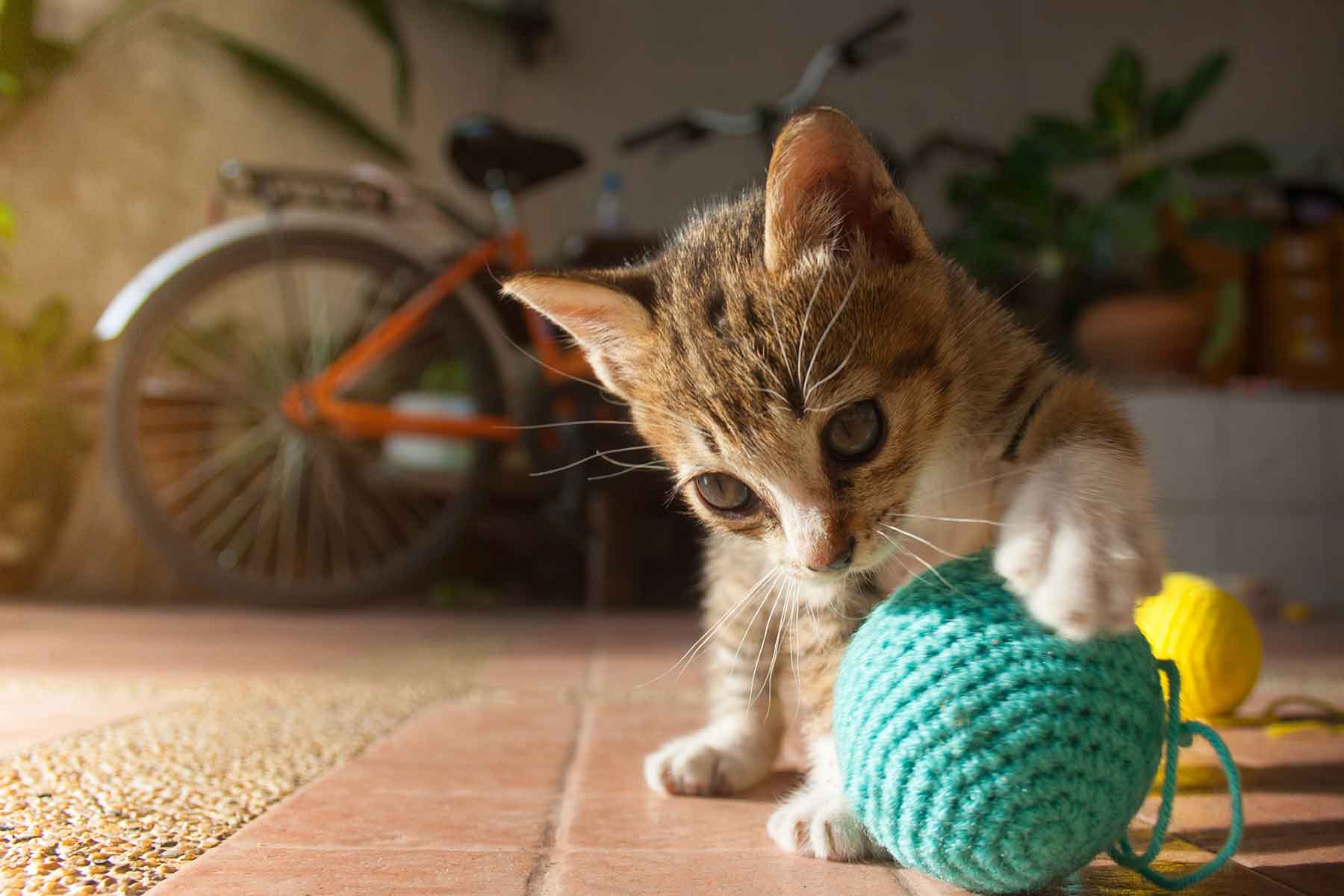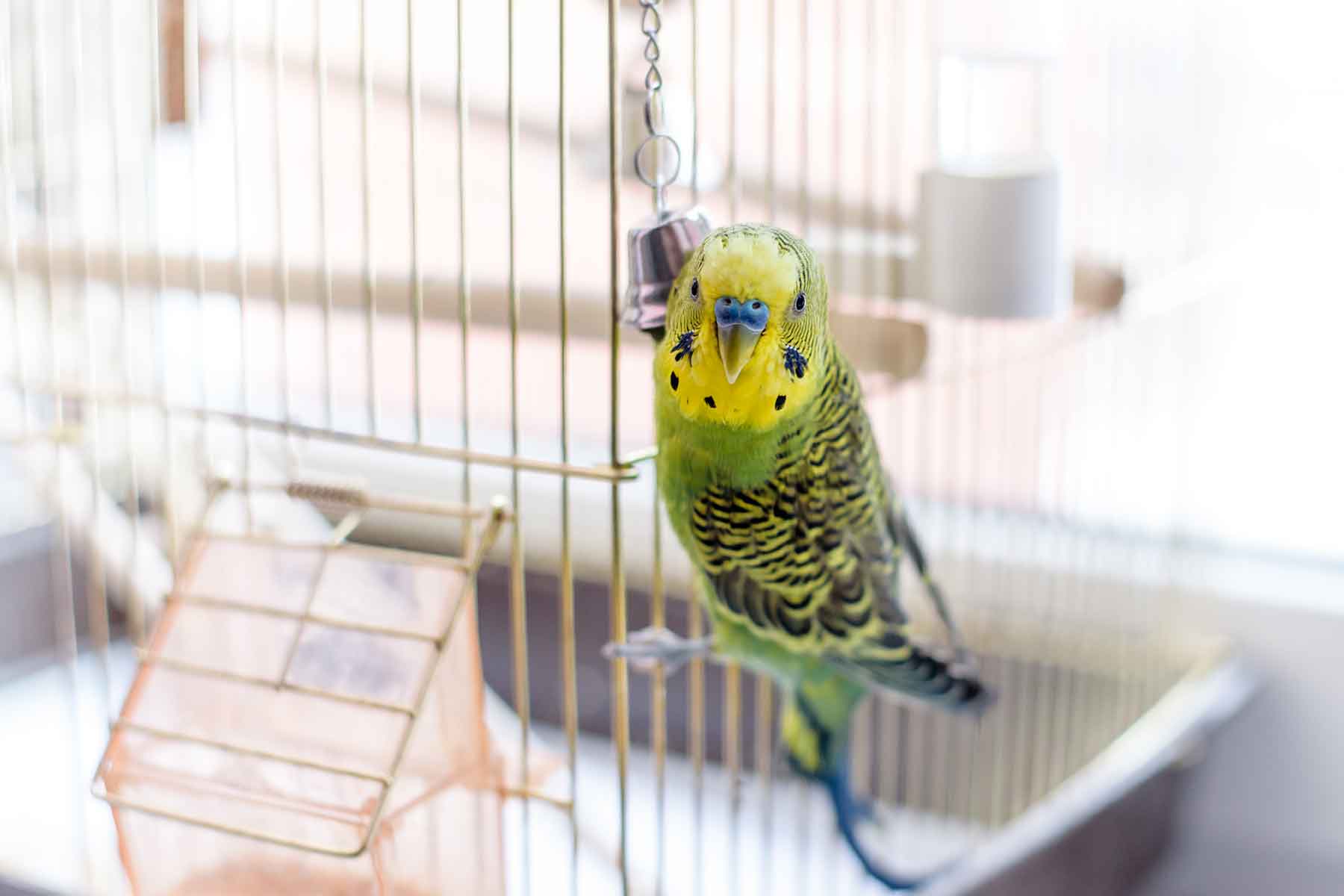How To Take Care Of A Puppy
Congratulations on your new furry friend! This is an exciting and important time in your puppy’s life. In order to ensure your puppy becomes a happy healthy long lived member of the family, we’ve complied the following information to help you get off to the right start.
Bringing Your New Puppy Home
Your puppy may seem quiet and apprehensive when you first arrive home. This can be due to the fact they are experiencing a new environment for the first time and may be missing their mother and littermates. Allow them to explore their new home at their own pace, without too much interference or noise. Children in the home should be reminded that the new puppy will be easily tired by too much stimulation and will need lots of quiet time to rest. Other family pets should be introduced to your puppy individually and with close supervision. Here are a few tips on introducing your dog to other dogs.
What Is the Best Bed For A Puppy?
Your puppy needs a comfortable bed in a warm secure location. It’s a good idea to section off part of the laundry, or other similar quiet space, for your puppy’s sleeping quarters. Your puppy will be used to sleeping closely with littermates, and may cry when put to sleep on their own the first couple of nights. You can consider placing a ticking clock under the blankets to simulate the mother’s heartbeat, or a warm water bottle to add additional heat. Be sure this water bottle isn’t too hot as your puppy may chew it while you are away!
If you decide to let your puppy sleep in your room or on your bed, your puppy will become used to this behaviour. This is ok, but it may be difficult to get your growing puppy to sleep elsewhere later on – they won’t realize they are much bigger but you will!
During the day it is important that your puppy has a place to rest that is comfortable and sheltered from wind, rain, and sun, with free access to water.
What To Feed Your Puppy
Your puppy needs a complete and balanced diet especially formulated for their development. Your puppy’s skeleton is not finished growing, and your puppy has different nutritional requirements from adult dogs. In order to make sure they grow to their full potential, we recommend premium brand puppy biscuits that are made with quality ingredients – this will provide complete nutrition for your growing pup without the need for supplementation. Our vets are happy to advise you on specific brands.
When changing your puppy’s diet for any reason, be sure to transition to the new diet slowly, over a period of days. Sudden diet changes are a common cause of diarrhoea in puppies.
Puppies need small frequent meals due to the small size of their stomachs. As they grow meals can decrease in frequency from four times daily, to three times, and ultimately twice or even once a day after they are full grown adults. Read more on feeding your puppy here.
How Can I Entertain My Puppy?
Puppies are curious and full of energy. It is important to provide a wide variety of chew toys and rope toys so they always have something appropriate to interact with. Food related toys such as Buster cubes and treat balls get your puppy to think about how to get their kibble and are great at developing their brain. Be sure to use high quality toys that won’t break into bits which could be swallowed by your puppy. Remove toys once this begins to happen to prevent accidental ingestion.
House Training Your Puppy
It should take your puppy a few days to get the hang of house training, but it may take weeks until they stop having accidents, so patience is key. Your puppy will need to eliminate every 3-4 hours when they are young, so it is important to give them frequent opportunities to go outside. Be consistent, use the same door, and praise them for eliminating outside in the correct location. The urge to eliminate will be strongest after sleeping, playing, eating and drinking, so be sure to take them out after these events.
If you catch your puppy having an accident take them outside immediately and praise them for eliminating in the correct location. DO NOT punish your puppy after an accident. They are too young to understand why they are being scolded, and often develop fear towards you rather than associating it with the accident itself. Praise your puppy for doing the right thing – this will get the best results, as your puppy only wants to please you! Read more about house training your puppy here.
Puppy Socialisation Tips
Peak socialisation occurs between the ages of 6 to 16 weeks. It is important to expose your puppy to as many new experiences as possible during this time. It is the best time to teach basic training commands, and they will adapt to house training and walking on lead. Learn more about why it is essential to socialise your puppy early.
We recommend socialising your puppy at puppy school, where they will be in a safe environment to play with other puppies of similar ages. Puppy school is a great opportunity for your pup to learn initial doggie manners and for you to ask questions about your growing dog.
Puppy Preschool
Give your puppy the best start in life with our Puppy Preschool. If your puppy has been vaccinated and is aged between 6 to 12 weeks of age, our Puppy Preschool provides a safe environment for puppies to socialise and develop skills, whilst also giving owners tools and tips on how to teach their puppy to behave at home and in company of others. Contact one of our vet clinic locations to enrol your puppy today.
Registering Your Puppy
Your dog must be registered with your local council, and you will receive a council dog tag to identify your dog. We recommend attaching a personalised dog tag, with your contact details, to your puppy’s collar, as well as microchipping your puppy.
A microchip is quickly implanted under your puppy’s skin over the shoulder blades, and can be done during a regular vet consult. The microchip is read by scanners that reveal the number. This unique number is used to identify your pet and retrieve your details from a national database, so you can be contacted and re-united with your pet if they ever become lost.
Book an appointment with a Vetwest clinic near you and our friendly and experienced team will able to insert a microchip during a normal veterinary consultation.
Puppy Healthcare
If your puppy appears listless, lethargic, off their food, or if you have any concerns about your puppy’s well-being, please contact your local Vetwest team.
Vaccination
Some canine diseases are very serious and can be fatal even with treatment. Highly effective vaccinations are available at Vetwest to help prevent some of these diseases. At 6-8 weeks of age puppies should receive their first vaccination; this is temporary and needs to be followed up with another one at 10 weeks old. Vetwest offers an early finish vaccine which means after the 10-week vaccination you can then take your puppy out in public areas. Please note this is not offered at all veterinary clinics. Your puppy will then need annual boosters for life. Read about vaccinations for dogs over 12 months of age.
Desexing
As well as reducing the number of unwanted puppies, desexing prevents pets from roaming, fighting or causing nuisance to neighbours. In females, it significantly reduces the risk of uterine infections and mammary cancer and in males, cancer of the prostate gland. The optimum time for desexing is five to six months of age, when puppies are approaching sexual maturity but before they come on heat. It’s best to call your local vet clinic to discuss the procedure as it may differ based on the size of your pet and whether or not they’re in heat if they are female.
Dental Care
More than 80% of dogs over four years old will experience some form of gum disease which can lead to irreversible damage to the teeth and to other organs in the body. Prevention is possible with a well-balanced diet including raw bones (or specifically formulated dental bones) on a weekly basis, regular dental check-ups at least yearly and teeth brushing. Vetwest offers free dental health checks at all of our vet clinic locations, our highly trained and caring pet healthcare team are here to offer your pet the care they deserve – book an appointment online today.
Heartworm
A dog affected by heartworm will have an infestation of long thin worms (up to 30cm in length!) lodged in the heart and feed on surrounding blood. Mosquitoes spread immature stages of heartworm when they bite dogs. Prevention is the best approach to this problem and relatively simple. Various products are available including monthly spot-ons and an annual injection. Puppies can start heartworm prevention from 12 weeks of age.
Flea Control
All pets will be exposed to fleas at some stage so rather than letting an infestation develop, it is better to use a regular prevention treatment. There are a range of very safe and easy to use SPOT-ON-drops which are applied monthly and can be used on your pups at any age.
Worming
Puppies should be wormed every 2 weeks until 12 weeks of age and then every month until 6 months of age, then every 3 months routinely. Worming should be performed regardless of whether worms are seen in droppings or not, as many worms are too small to be seen with the naked eye. Learn more about worming here.
Coat Care
Regular brushing is important – daily brushing is best particularly with long-haired dogs. Shampoo only when necessary using a good quality dog shampoo, never a human shampoo. Read our top tips for bathing your dog and contact a Vetwest vet clinic near you to ask us for a shampoo to suit your dog or to find out more about our hydrobath facilities.
Ears
Healthy ears are clean and dry. Signs of ear problems include shaking the head, scratching at the ears, odour or discharge from the ears, and holding the head on one side. Ear problems should be checked by a veterinarian. Learn more about dog’s ears here.
Medication
Only give medication to your dog that has been prescribed by the vet, and follow the instructions closely. DO NOT give unprescribed medications to your dog without checking with a vet first. Even aspirin and paracetamol can be dangerous if given incorrectly, especially if your pet is on medication or has a medical condition.
Total Wellness Plan
Do you want to save on pet care all year round? Take the stress out of caring for a dog and enjoy greater convenience and peace of mind with the Total Wellness Plan. Depending on the plan you choose your furry companion will receive their annual vaccination, monthly parasite control delivered direct to your door, unlimited consultations* and more.
*For Classic plan members only.











